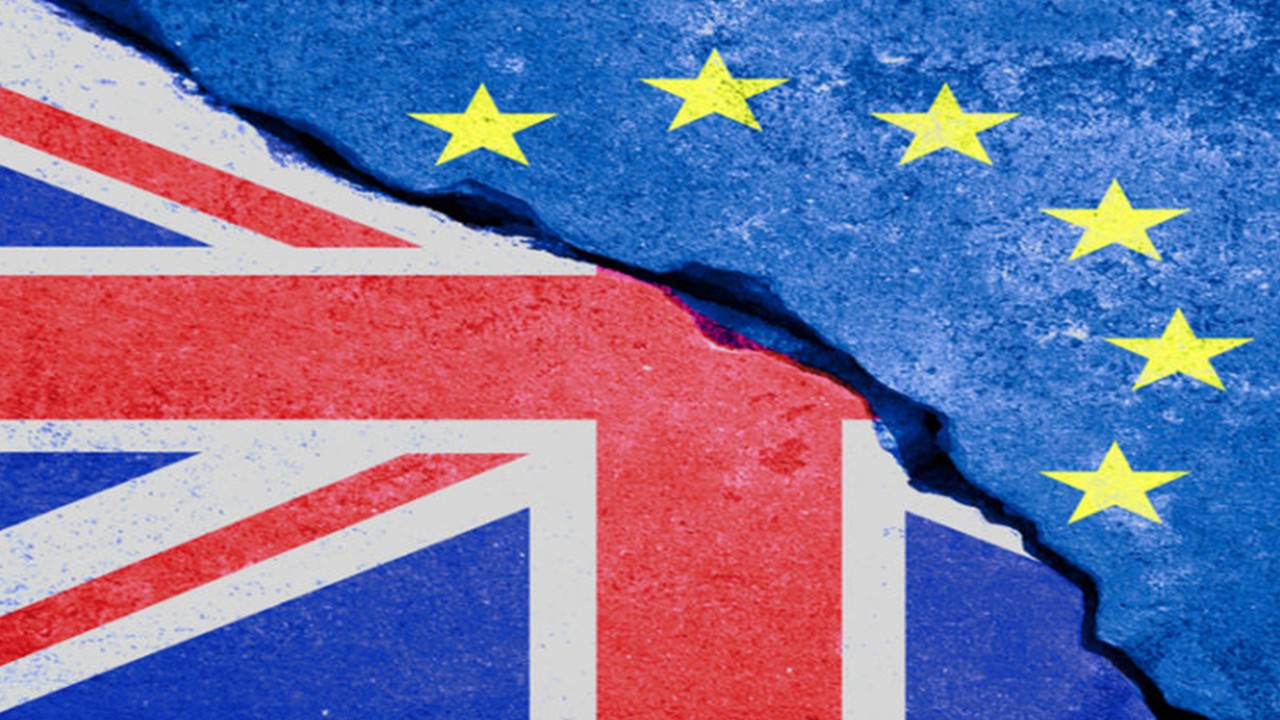
HOW FREEDOM CAN HELP YOU THROUGH BREXIT UNCERTAINTY
As much as you might like to prepare for Brexit, it’s hard to determine exactly what you are preparing for. Except, perhaps, a whole lot of chaos. And pain.
So how can you de-risk leaving the EU?
One way is to consider switching to a Freedom finance package. Freedom is an HP agreement that allows you to take a payment break. This can be up to two months each year. The flexibility of Freedom means that, should your business suffer during or in the aftermath of Brexit, the pressure on monthly repayments can be eased.
“We’re very much about providing financial solutions for our customers. In unpredictable times, such as Brexit, our Freedom product gives repayment flexibility to ensure you can continue trading,” commented Alan Rhodes, Managing Director, Scania Financial Services.
“We understand that Brexit will bring uncertainty and potential trading disruption. Assisting you through it where we can is crucial.”
You can find out more about Freedom here. Or call our office on 01908 487 530.
What else should be on your Brexit preparation list?
The European Commission has adopted a proposal to allow UK operators to temporarily carry goods into the EU for a period of nine months if there is a no deal. This is subject to the UK providing the same rights to EU road haulage operators.
However, the proposal has yet to be ratified. It also excludes cabotage rights (haulage between two points in a country by a vehicle not registered in that country) if there is no deal.
ECMT permits
The Government suggests that to ensure you can still carry goods in the EU and EEA, you should have a European Conference of Ministers of Transport (ECMT) international road haulage permit. If you do not have one, it is too late: final applications were accepted on January 18, 2019.
Read more from the Government here.
EORI numbers
You must have an Economic Operator Registration and Identification number if there is no deal - this will be needed for customs. If you have a UK VAT number, you can check to see if it has EORI status.
Find out more from the Government here.
Customs codes
The potential for long delays at customs is a real one with possibly thousands of pieces of paperwork required. The Road Haulage Association (RHA) suggests that firms should prepare for using customs codes for their commodities; and also ensure that paperwork such as invoicing is of sufficient standard for processing in customs.
Passports, driving licences and number plates
Government advice is to have at least six months’ validity on your passport post the March 29 leaving date. In the case of a no-deal Brexit, UK driving licences will be valid in the EU. However, the Government suggests an International Driving Permit may still be required. You may also need a GB sticker, or to show GB on your number plate. If you have a Euro-plate and there is no Brexit deal, a GB sticker will probably be required.
For more Government advice on this, visit Prepare to drive in the EU after Brexit: lorry and goods vehicle drivers.